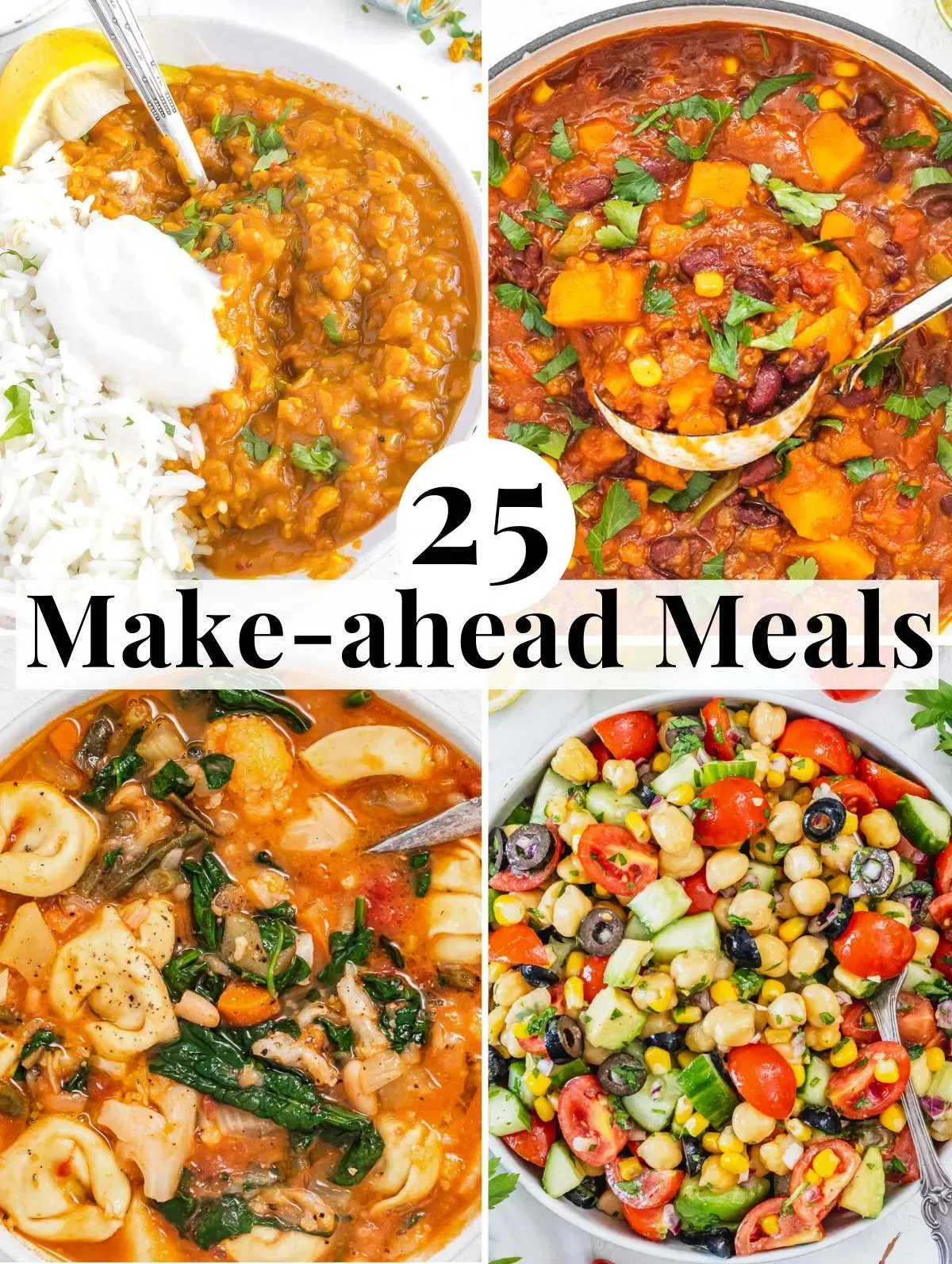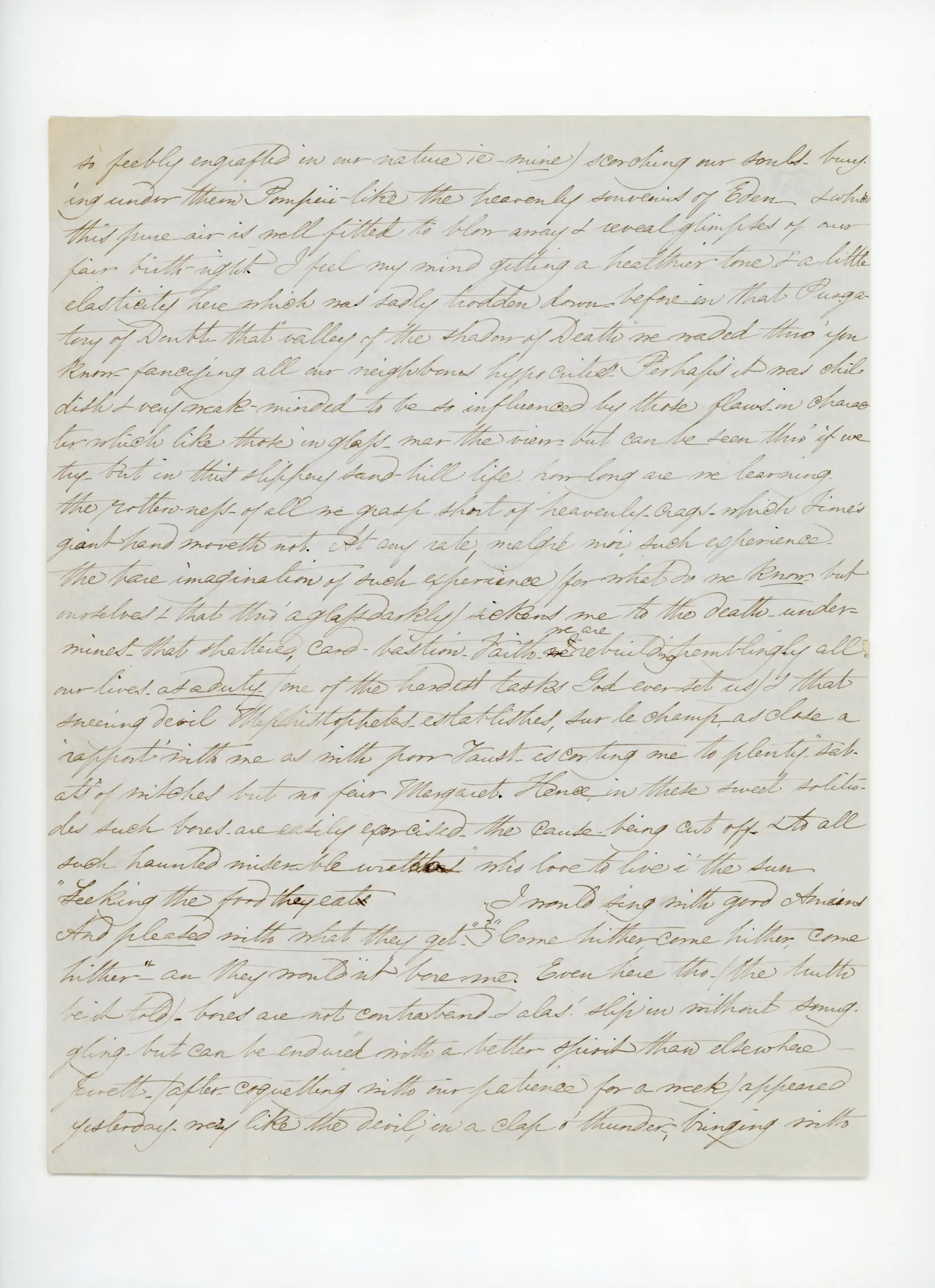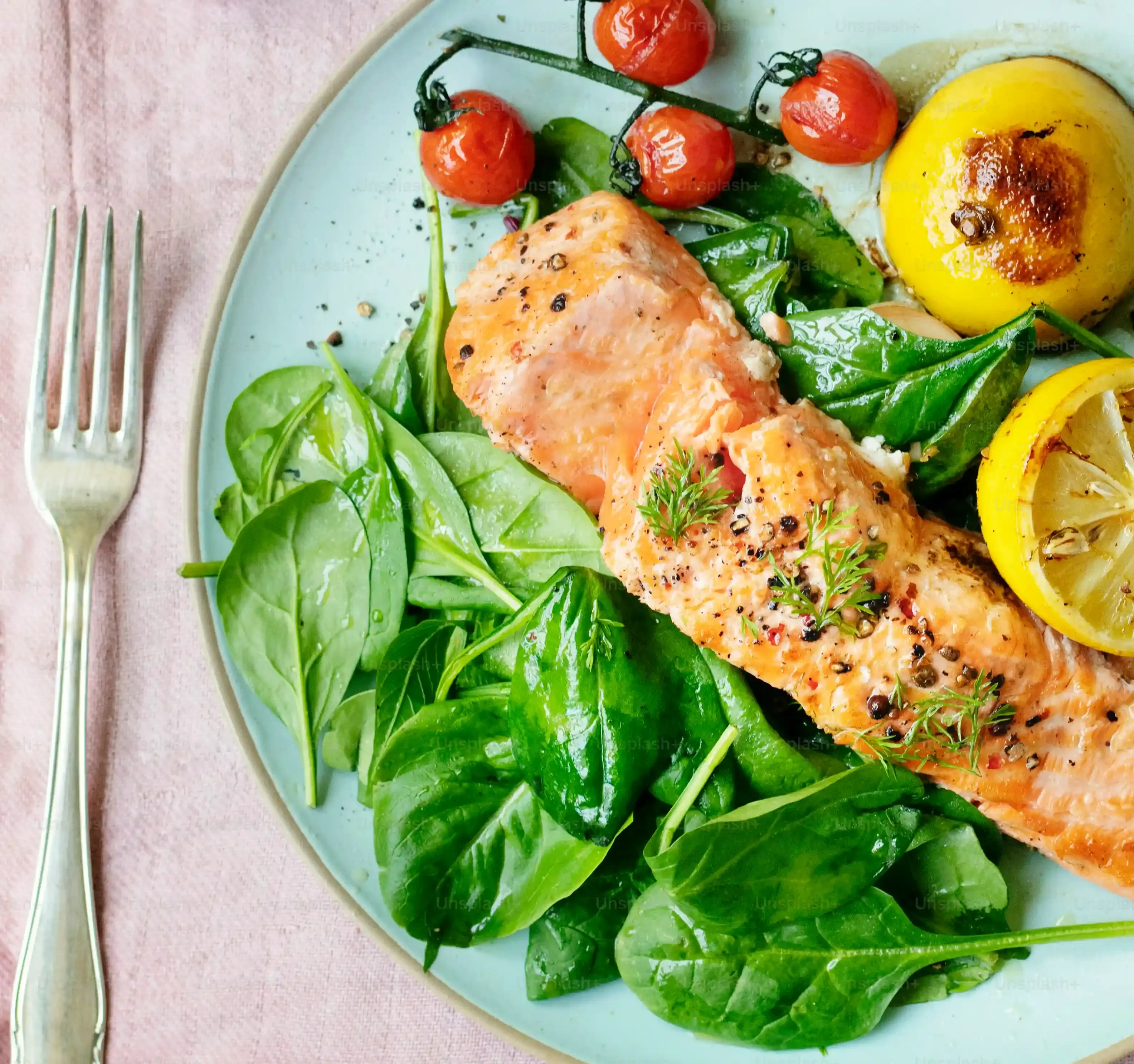Table of Contents
Picture this: It's 6 PM on a Tuesday. You've just walked in the door, bags still in hand, and the immediate question hits you – "What's for dinner?" The fridge looks like a science experiment gone wrong, and the thought of chopping a single vegetable feels like climbing Everest. This is the moment the siren song of takeout becomes almost impossible to resist, often derailing any healthy eating intentions you had when the week started. But what if that frantic scramble could be replaced with a calm retrieval from the fridge? What if you could actually enjoy your evenings instead of sweating over a hot stove? That's where the magic of healthy dinners you can make in advance comes in. It’s not about spending your entire Sunday chained to the kitchen; it’s about smart strategy. We’re going to cut through the noise and show you how prepping just a few meals ahead can seriously upgrade your weeknight sanity and your plate. We’ll explore why this simple habit makes such a difference, what kinds of meals actually work well for prepping, and the practical tips to make it happen without turning your kitchen into a disaster zone. Get ready to reclaim your evenings and eat well, even when life gets predictably chaotic.
Why Prep Healthy Dinners You Can Make in Advance?

Why Prep Healthy Dinners You Can Make in Advance?
Alright, let's talk about the real struggle: those weeknights where cooking feels like a punishment. You know the drill – you’re tired, hungry, and the easiest button to push is ordering greasy takeout. That habit doesn’t just hit your wallet; it usually means skipping the nutrients your body actually needs. So,Why Prep Healthy Dinners You Can Make in Advance? Because it’s the simplest, most effective way to outsmart that weeknight chaos. It puts you back in control of what you eat, ensuring you're fueling your body with good stuff, not just whatever is fastest. Beyond the health kick, prepping ahead saves you a surprising amount of time during the week. Imagine swapping that 45-minute dinner-making rush for a quick reheat and having an extra half-hour to actually relax, read, or, dare I say, clean something other than dinner dishes. Plus, when you plan and prep, you’re less likely to waste groceries because you bought ingredients for specific meals. It’s a triple win: healthier eating, more free time, and less food waste.
Still skeptical? Ask yourself:
- How much time do you spend deciding what to eat each night?
- How often do you regret ordering takeout after you've eaten it?
- Could an extra 30 minutes each evening change your week?
Choosing the Right Healthy Dinners You Can Make in Advance

Choosing the Right Healthy Dinners You Can Make in Advance
so you're on board with the idea of reclaiming your evenings with healthy dinners you can make in advance. Great! Now, the big question is: what actually *works*? Not everything is a winner in the make-ahead game. You don't want to spend time prepping only to end up with sad, soggy leftovers. Think about meals that taste just as good, or even better, after a day or two in the fridge or freezer. Soups, stews, chilis, and casseroles are classic champions here because the flavors have time to meld and deepen. Cooked grains like quinoa or rice, roasted vegetables, and sturdy proteins like chicken or beans are also excellent building blocks that hold up well. Avoid anything that relies heavily on delicate textures or fresh herbs added right before serving – those are best saved for quick weeknight assembly, not full pre-cooks. Choosing wisely is key to making your prep time pay off.
Tips and Tricks for Successful Healthy Dinners You Can Make in Advance

Tips and Tricks for Successful Healthy Dinners You Can Make in Advance
Start with a Game Plan, Not Just Good Intentions
Alright, let's get down to brass tacks for making healthy dinners you can make in advance actually happen. You need a strategy. Don't just wander into the grocery store hoping inspiration strikes. That's a recipe for wasted food and frustration. Sit down for 15 minutes, maybe Sunday morning with a coffee, and plan out the meals for the week. Look at your schedule – are there nights when you know you'll have zero energy? Those are prime candidates for a pre-made meal. Check your pantry and fridge first so you're not buying things you already have. Then, make a list. A real list. This isn't rocket science, but skipping this step is where most people fail before they even start chopping an onion.
Master Batch Cooking and Ingredient Prep
The real efficiency boost for healthy dinners you can make in advance comes from doing similar tasks at once. Instead of cooking chicken three times this week, cook a big batch. Roast a large tray of mixed vegetables instead of small portions nightly. Wash and chop all your greens and veggies at the start of the week. Cook a big pot of rice or quinoa. Think about components you can mix and match. Cooked lentils can go into soups, salads, or wraps. Roasted sweet potatoes work as a side, in a hash, or blended into a soup. This approach cuts down on daily cooking time and dishes significantly.
- Cook proteins in bulk (chicken breast, ground turkey, beans).
- Roast or steam large quantities of sturdy vegetables (broccoli, carrots, sweet potatoes).
- Prepare grains like rice, quinoa, or farro ahead of time.
- Wash and chop leafy greens and other salad components.
- Make sauces or dressings that will last several days.
Invest in Good Containers and Cool Down Properly
You've done the work, now protect your healthy dinners you can make in advance. Using the right storage containers is crucial. Airtight containers prevent spoilage and freezer burn. Glass containers are great because you can often reheat directly in them and they don't hold onto odors like plastic can. Make sure food cools down *completely* before you seal it up and put it in the fridge or freezer. Putting hot food directly into cold storage raises the temperature of everything around it, which is a food safety no-no and can make other food spoil faster. Proper cooling preserves texture and flavor, ensuring your prepped meals are still appealing days later.
Storing and Reheating Healthy Dinners You Can Make in Advance

Storing and Reheating Healthy Dinners You Can Make in Advance
So you've successfully prepped your healthy dinners you can make in advance. High five! But the job isn't quite done. How you store and reheat these culinary triumphs is critical to ensuring they taste great and, more importantly, stay safe to eat. Shoving a still-warm container into a crowded fridge is asking for trouble, both in terms of food safety and meal quality. Proper cooling, as we touched on, is non-negotiable. Once cooled, label everything clearly with the date and contents – trust me, that mystery container in the back of the fridge after a few days is a gamble you don't want to take. For reheating, the method depends on the dish. Soups and stews do well on the stovetop or in the microwave. Casseroles and baked dishes often benefit from oven reheating to maintain texture. Avoid reheating things multiple times; take out only what you plan to eat.
Quick storage checklist:
- Cool food completely before storing.
- Use airtight containers (glass is great!).
- Label containers with contents and date.
- Refrigerate within 2 hours of cooking.
- Know your fridge/freezer lifespan for different foods.
FAQs About Healthy Dinners You Can Make in Advance

FAQs About Healthy Dinners You Can Make in Advance
How Long Do These Prepped Meals Actually Last?
the million-dollar question when you’re making healthy dinners you can make in advance is always about shelf life. Nobody wants to toss perfectly good food because they waited too long. Generally, healthy prepped meals stored properly in airtight containers in the fridge are good for about 3 to 4 days. Cooked proteins, grains, and roasted veggies fall into this window. Soups, stews, and chilis can sometimes stretch to 5 days because the ingredients are fully submerged, which helps slow spoilage. If you’re prepping on Sunday, aim to eat those meals by Thursday or Friday. Anything you won't eat within that timeframe should go straight into the freezer. Freezing is your best friend for longer storage, keeping meals viable for 2-3 months easily, sometimes longer, without significant loss of quality.
Can I Prep Raw Ingredients Instead of Fully Cooking?
Absolutely. Prepping raw ingredients is a fantastic alternative or supplement to fully cooked healthy dinners you can make in advance, especially if you like a bit more flexibility or enjoy the process of cooking each night without the full time commitment. Think of it as setting up a super-efficient assembly line. You can wash and chop all your vegetables for salads, stir-fries, or roasting. Portion out proteins into marinades. Measure out dry ingredients for recipes. This cuts down on the most time-consuming parts of cooking during the week – the washing, peeling, and chopping. It keeps ingredients fresher in some cases, like delicate greens, and allows for more variety in how you finish the dish each night. It’s a different approach to meal prep, perhaps less 'grab-and-go' than fully cooked meals, but incredibly effective for streamlining your weeknight cooking process.
- How long do meals last in the fridge? Typically 3-4 days.
- What meals freeze best? Soups, stews, casseroles, cooked proteins, grains.
- Should I cool food before storing? Always cool completely.
- Is prepping raw ingredients helpful? Yes, cuts down on daily prep time significantly.
- Can I reheat in the container? Yes, if it's glass or microwave-safe plastic.
The Weeknight Win
So there you have it. Ditching the daily dinner panic isn't some unattainable dream peddled by perfectly curated social media feeds. It's a practical adjustment. Embracing healthy dinners you can make in advance means fewer evenings staring blankly into an empty fridge, less money spent on last-minute, questionable takeout, and more time for whatever it is you'd rather be doing than cooking under pressure. It requires a bit of upfront planning, sure, but the payoff is tangible: smoother weeknights and consistent access to decent food. It's not a magical cure-all for the chaos of modern life, but it's a solid tactical advantage in the never-ending battle against the "what's for dinner?" dread.